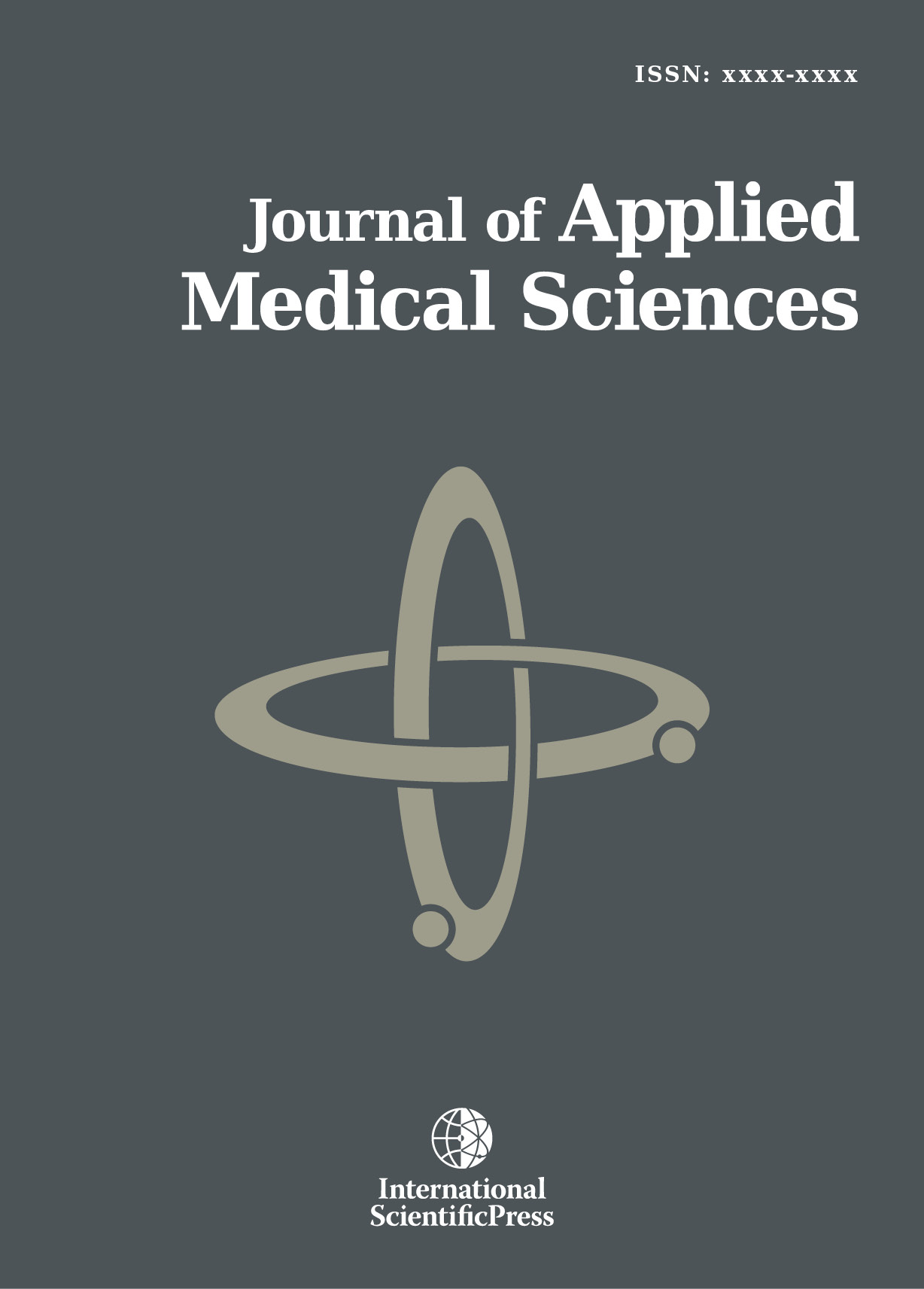Journal of Applied Medical Sciences
Multidrug and Toxin Extrusion Protein (MATE1) GenePolymorphism and Therapeutic Effects of Metformin in Type 2 Diabetes Mellitus in Egypt
-
 [ Download ]
[ Download ]
- Times downloaded: 10285
-
Abstract
Background: Individual variability in drug efficacy and drug safety is a major challenge in current clinical practice, drug development, and drug regulation. Studies of pharmacogenetics have provided ample examples of causal relations between genotypes and drug response to account for phenotypic variations of clinical importance in drug therapy. Metformin is widely used to treat type 2 diabetes and to delay or prevent its onset in people at high risk. Metformin is actively transported into the liver, where it exerts its primary action, and then is actively transported from the liver into bile and blood stream. Elimination from the liver is mediated in part by the multidrug and toxin extrusion protein (MATE1), a membrane-bound transporter protein. The aim of the work was to analyze the frequency of MATE gene prevalence among the Metformin non responder Egyptian Diabetic patients and to demonstrate the role of rs2289669 polymorphism on Metformin response. Patients and methods: This study included 44 newly diagnosed type 2 diabetic patients. All the patients were educated for life style modification regarding diet and exercise and were given metformin alone with regular follow up of their fasting blood glucose monthly and at the end of study HbA1c was repeated. Patients were divided into 2 groups (responders and non responders).Genomic DNA extraction and analysis using PCR followed by sequencing analysis of rs2289669 polymorphism in the gene encoding MATE1 (SLC47A1) was done for each patient. Conclusion: The study concluded that rs2289669 G>A polymorphism was associated with an increased glucose-lowering effect of metformin .
